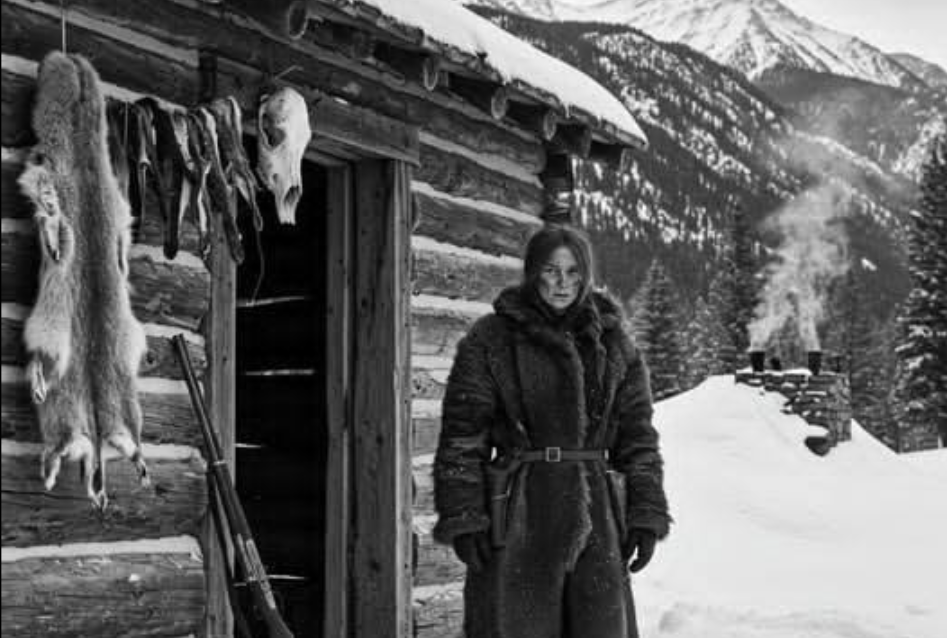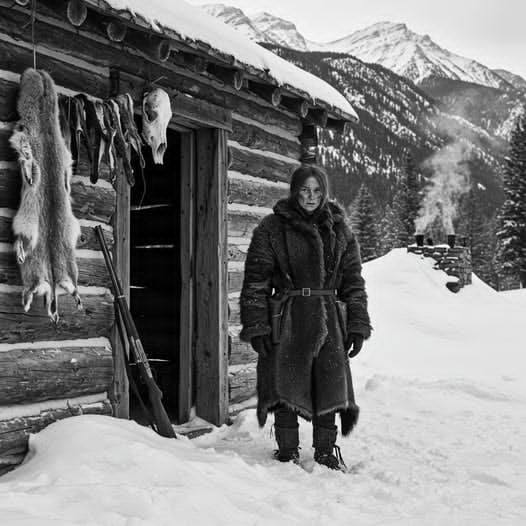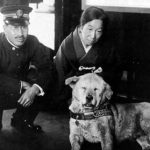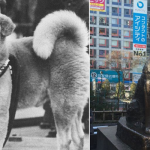“I Stayed”: The Quiet Power of Survival

The story of Elsie Macklin is one of raw strength and unimaginable resilience. She came to Montana for love, but when the man she followed into the wilderness vanished, she didn’t give up or fall apart—she fought to survive. Alone in the brutal winter of 1886, with nothing but her instincts, her courage, and the howling wind for company, Elsie faced challenges that would break most people. Her story is chilling, but deeply inspiring.
What moved me most was the quiet detail of her dog freezing to death, her own toes blackening from the cold—and still, she carried on. She boiled pine needles for medicine, reset traps for food, and even fought off a bear. Imagine the loneliness, the pain, the fear—yet she didn’t run. She endured. That kind of strength doesn’t come from training or luck. It comes from a deep, stubborn fire within, the kind that refuses to go out no matter how fierce the storm.

The moment that truly took my breath away was when traders finally found her in the spring—thin, armed, silent, but standing. On the door of her cabin, the carved words: “I stayed.” That simple phrase holds the weight of everything she had been through. It’s not just a statement—it’s a declaration of power. Elsie didn’t just survive the winter—she conquered it. She turned suffering into strength, and silence into legacy.
Elsie Macklin’s story reminds us that some heroes don’t wear medals or make speeches. Some simply stay. They endure when the world forgets them. They survive when no one is watching. In a time when women were rarely seen as strong, she became a symbol of grit, independence, and quiet power. Her legend isn’t just about hardship—it’s about choosing to rise in the face of it.










